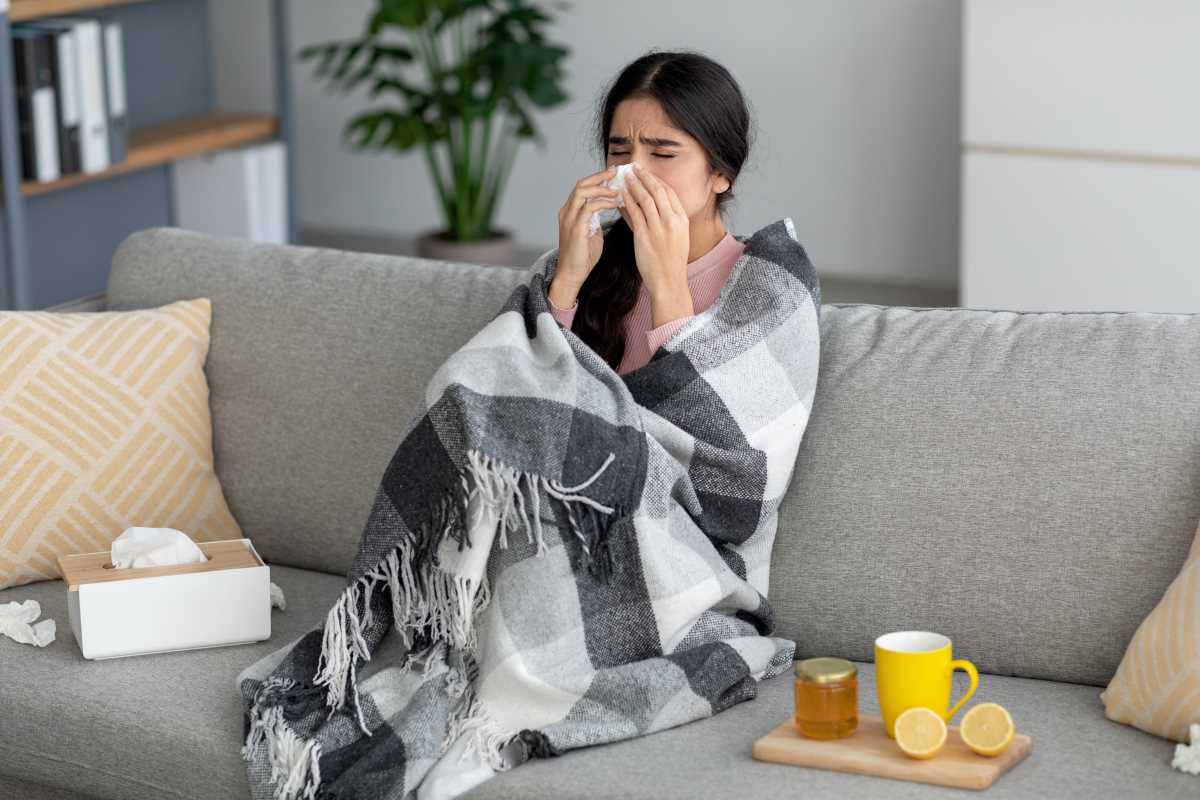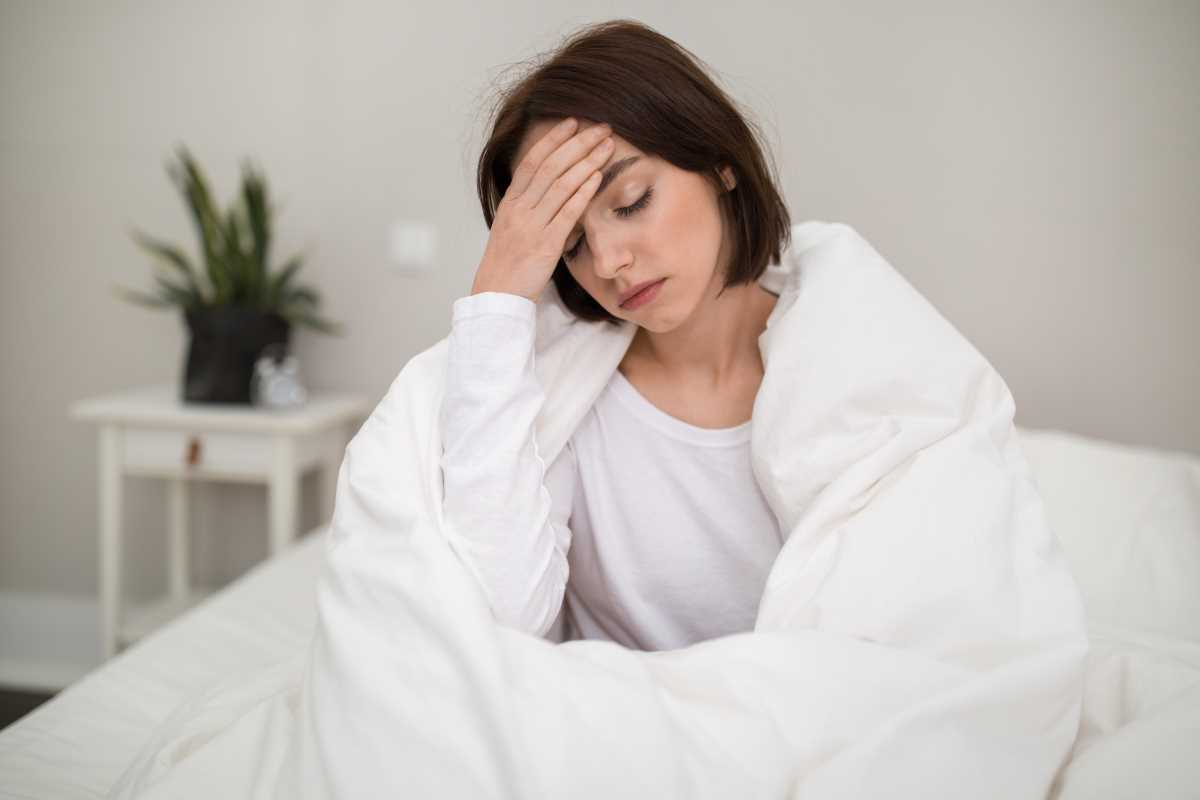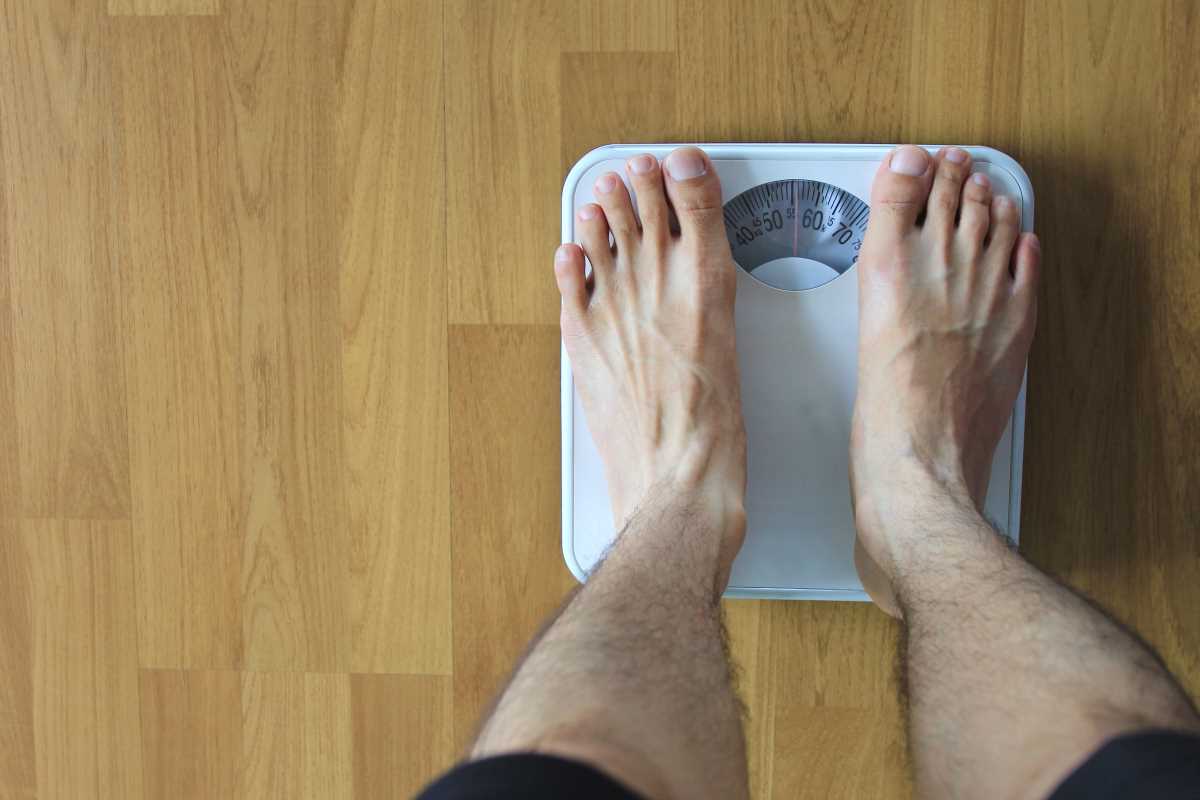That first hint of warmer weather is often a welcome change, but for many, it also signals the start of allergy season. You might notice a familiar tickle in your throat or an itch in your eyes and wonder if it’s just a passing thing or the beginning of weeks of discomfort. Recognizing the early signs of seasonal allergies is the first step toward getting ahead of them and finding relief.
Seasonal allergies, sometimes called hay fever, happen when your immune system overreacts to things in the environment, like pollen from trees, grasses, and weeds. Knowing what to look for can help you take action before the symptoms become more severe. This guide will walk you through the common early symptoms and provide practical advice on how to manage them.
Common Early Symptoms to Watch For
The initial signs of seasonal allergies can be subtle, but they often appear consistently as the seasons change. Here are some of the most common symptoms you might notice first.
- Frequent Sneezing: One of the most classic signs is sudden, frequent sneezing, especially in the morning or when you go outside. It might come in bursts of several sneezes in a row.
- Itchy, Watery Eyes: Your eyes might feel itchy, turn red, and start to water. This can be one of the most annoying symptoms, making it hard to focus or even keep your eyes open comfortably.
- Runny or Stuffy Nose: You might experience a clear, watery discharge from your nose. This can quickly be followed by nasal congestion, making it feel like you have a constant head cold.
- Itchy Throat or Ears: A persistent tickle or itchiness at the back of your throat is another common early sign. Sometimes, this itching sensation can extend to your ears.
- Postnasal Drip: This happens when mucus runs down the back of your throat from your nose. It can cause a constant need to clear your throat and may lead to a mild cough.
Is It Allergies, a Cold, or Something Else?
It can be tricky to tell the difference between allergies and other illnesses like the common cold, especially since many symptoms overlap. Here’s a simple breakdown to help you figure it out.
- Itchiness is a Key Sign: Itchy eyes, nose, and throat are hallmark symptoms of allergies. Colds rarely cause this kind of itchiness.
- Fever and Aches Point to a Cold: Allergies don’t cause a fever or body aches. If you have these symptoms, you’re likely dealing with a viral infection like a cold or the flu.
- Symptom Duration: A cold usually runs its course in about a week to ten days. Allergy symptoms, on the other hand, can last for weeks or even months, as long as you are exposed to the allergen.
- Mucus Color: With allergies, the nasal discharge is typically clear and thin. With a cold, it may start clear but often becomes thicker and yellow or green after a few days.
Knowing these differences can help you choose the right approach for relief.
How to Manage Early Symptoms
Once you suspect you’re dealing with seasonal allergies, you can take several steps to manage your symptoms and prevent them from getting worse.
Over-the-Counter Remedies
Many effective allergy treatments are available without a prescription.
- Antihistamines: These are often the first line of defense. Pills like Claritin, Zyrtec, and Allegra can help relieve sneezing, itching, and a runny nose. Some may cause drowsiness, so look for non-drowsy formulas for daytime use.
- Nasal Sprays: Steroid nasal sprays like Flonase or Nasacort are very effective for reducing inflammation in your nasal passages, which helps with congestion. It can take a few days for them to become fully effective, so it’s a good idea to start using them as soon as you notice symptoms.
- Eye Drops: If you have itchy, watery eyes, allergy eye drops can provide targeted relief.
Practical Lifestyle Changes
Simple adjustments to your daily routine can also help reduce your exposure to pollen.
- Check Pollen Counts: Pay attention to local weather reports for daily pollen counts. On days when the count is high, try to limit your time outdoors, especially in the morning when pollen levels are at their peak.
- Keep Windows Closed: Keep the windows in your home and car closed to prevent pollen from getting inside. Use air conditioning instead.
- Shower Before Bed: Taking a quick shower and changing your clothes after spending time outside can wash away pollen from your skin and hair, so you don’t bring it to bed with you.
When to See a Doctor
If over-the-counter remedies and lifestyle changes aren’t giving you enough relief, it might be time to see a doctor or an allergist. They can help confirm what you’re allergic to and may recommend prescription medications or allergy shots (immunotherapy) for more long-term relief.
 (Image via
(Image via





